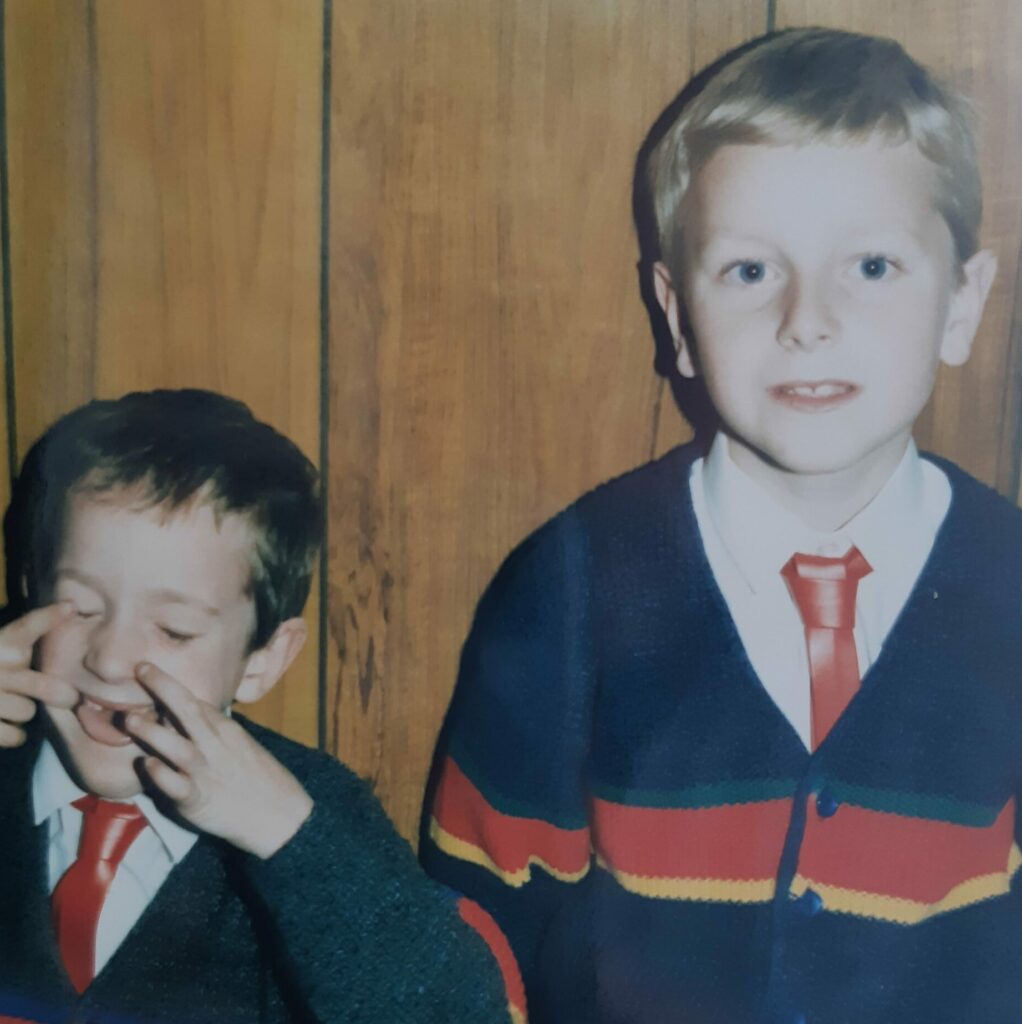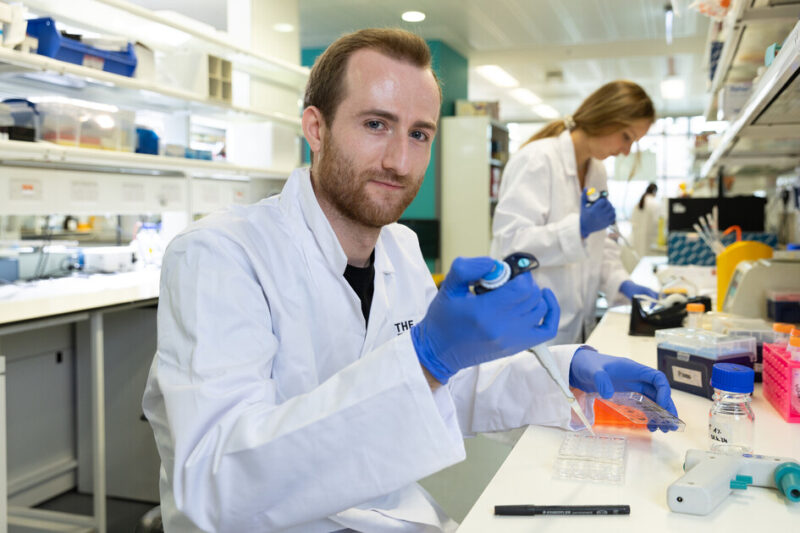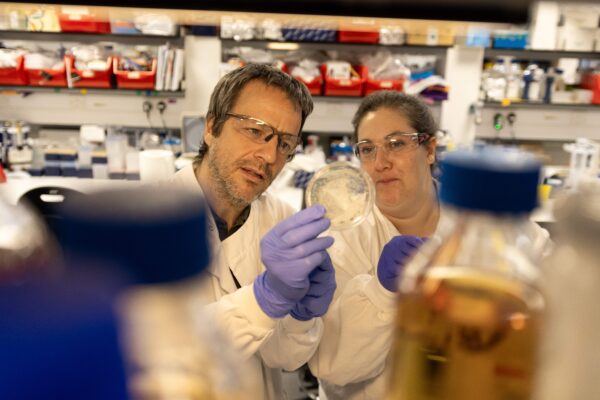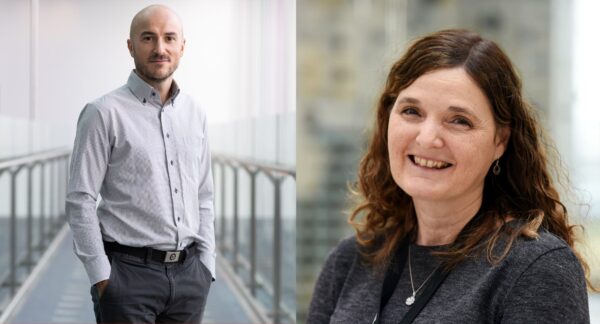Dr William Duddy was motivated to follow a career in research after his brother was diagnosed with Duchenne muscular dystrophy (DMD) at the age of seven. Our Research Communications Officer, Andrea, had a chance to catch up with him. He shared his family’s experience with Duchenne, and talked about current research and what he hopes the future will bring.
Meet researcher Dr William Duddy: "Personal experience helped shape my career"

Dr Duddy is a Senior Lecturer in Ulster University’s School of Medicine in Northern Ireland. He has an interest in neuromuscular conditions and is a member of our research communications group. He frequently volunteers to keep our community updated about the latest research advancements in the field of muscle wasting conditions.
Dr Duddy’s current work at Ulster University focuses on understanding motor neurone diseases by characterising components of small molecular ‘sacks’ called vesicles, working in collaboration with Dr Stephanie Duguez. His expertise is computational biology (also known as bioinformatics), an area of biology that tries to make sense of large amounts of data gathered through various experiments.
“When I went to university, my choices gravitated towards biology and molecular biology, but my interest in bioinformatics was sparked during my PhD, when I was learning about protein structures and seeing these beautiful three-dimensional representations of them.”
Dr Duddy’s path into science was partly shaped by his personal experiences. His younger brother, James, was diagnosed with Duchenne muscular dystrophy (DMD) at the age of 7. At the time, not much was known about DMD; dystrophin had only just been discovered, and there were more questions than answers.
In search of those answers, he began researching the condition, trying to find out more about it.
“In my early teens I was interested in science and wanted to understand the progression of my brother’s condition, after seeing the effect the condition had on him,” he shares.
James was a happy boy. He loved cars, and was really fond of Rupert the bear, a former charity mascot for us. Bill remembers his brother with great affection.
“James was always smiling and playing, even when other children tried to knock him down. It took him some time to get up again, but he would get up.”
“It’s something I keep in mind when things that shouldn’t be important seem overly important in a moment.”
In his spare time, Dr Duddy runs and hikes through the beautiful north coast of Ireland and spends time with his partner and two children. He explains that, after a day in research, it is not easy to switch off when he comes home in the evening. But his boys keep him busy, and it’s important to have that balance of relaxation at the end of the day, so he can come into the lab with fresh eyes and new ideas the next day.
Finally, to wrap up our discussion, he shared some thoughts about research and his motivation to be part of it.
‘Research is not easy. It’s important to know there are ups and downs involved. But those things motivate me on a deeper level. Whether it’s because of my brother’s condition or the fact that I’m doing work that can actually change the nature of our understanding, I’m glad to be on this path’.
Read Dr Duddy’s research summaries of the work we funded:
- https://www.musculardystrophyuk.org/news-blogs-and-stories/blogs/researchers-find-potential-key-to-treatment-for-myopathies-in-the
- https://www.musculardystrophyuk.org/news-blogs-and-stories/blogs/skin-cells-potential-to-form-muscle-cell-models
- https://www.musculardystrophyuk.org/news-blogs-and-stories/blogs/helping-us-understand-congenital-myopathies-a-new-study-of-changes-to


